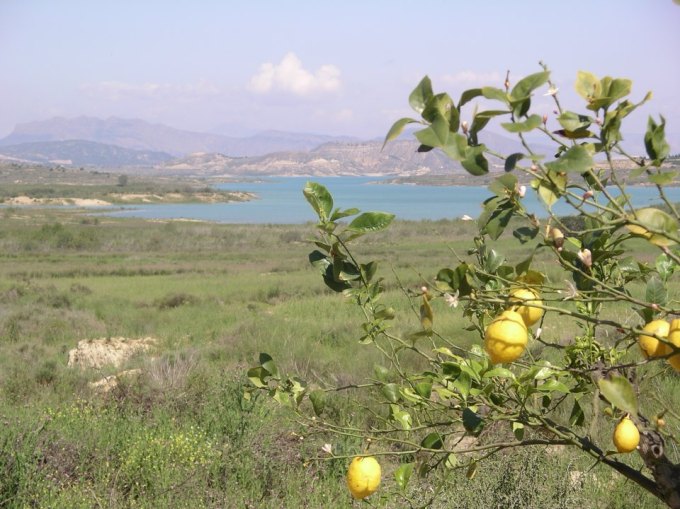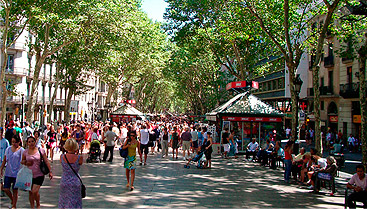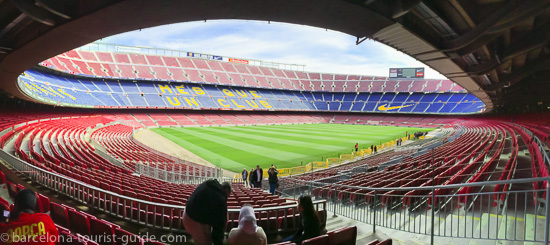Is renting your house as a holiday let still a viable option?
Part 3 So what do holiday-let owners need to do?
First, this is a blog not legal advice. Second, rules change and new additional requirements will be added over time, so this relates to summer of 2018 and Alicante region only as I understand things currently. In fact, as I write this, a new rule for the Valencian Communidad has just come in!
As from 9th July 2018 all new applications will first need a certificate of compatibility from the local Town Hall. There are over 500 Town Halls and it is likely each one will set their own criteria! I have been told my Town Hall is estimating a waiting time of 2 months, but I suspect few Town Halls would have been ready on time, generally things get organised after the requirement has started!
Inspections have finally started too, which were not set up until recently in most areas, so more waiting while you take your turn in the queue for someone to check over the property before your licence is issued.
If you don’t want a large fine, then get legal! You can either pay one of the legal companies who do them to get it for you at a very reasonable rate or fill out the form (which can be downloaded) and submit yourself. You can attend the offices in Alicante in person, or take the completed form and supporting documents to the post office for stamping and post it. There is also the option of doing the process on-line, you would need to be confident of your Spanish to do this. There is a waiting time of approximately 3 months in Alicante (on top of your wait for the Town Hall’s certificate and inspector).
Now you have your licence you will need to purchase the official plague – it is a very bright red and not very attractive! You display this close to the entrance door either inside or outside the property. We opted for inside as it didn’t look very weatherproof or attractive, then we had a smaller, discreet plague made for outside. You must also buy official complaints form and put up the official notice to tell your guests they are available; both are in Valenciano and Spanish only, it is unlikely anyone would want to complete the forms in triplicate and submit them, but you must still have them.
And then you must attend your local Guardia Civil (national police) station, in person, to register with them and obtain your passwords for their on-line register of visitors. We were one of the early applicants and when we went into the station to ask about making the appointment a confused officer asked why he would want to know who was staying in our house! He asked another officer, and another, who both shrugged. So we asked our solicitor to phone them and she was able to make the appointment for the following day. It seemed that at that time not even those who had to process your application knew anything about it! But, it transpired, there was just ONE officer appointed to this job who spoke only Spanish and appeared to have all day to do just one set of forms. I’m told that he is still the only one at that station and has a massive waiting list for appointments. But without your user name and password you can’t access the site and submit the guests’ details, so you can’t legally rent out. More delays in becoming legal.
The on-line form on the Guardia Civil site requires owners to enter various passport details for all those guests over 16 years of age. Hotels have been doing this for years but have a scanner whereas we do it manually. We added a clause to our contract to say that refusal to provide the details required under Spanish law in advance of their arrival would be treated as a cancellation of the contract by the renter as a protection against people refusing to provide the information when they arrive – no details received then no details provided of how to access the house! It may seem a bit brutal, but they wouldn’t get their room keys in a hotel without their ID being scanned/shown, and why would anyone refuse if they have nothing to hide from the authorities? And why should we pay a very heavy fine for their refusal to comply with the law? We also added GDPR info to our web site, booking form and contract to state what we would need and what will be done with the info.
So, there you have it – how to rent out legally, just don’t expect to ‘get legal’ quickly!
Bev























